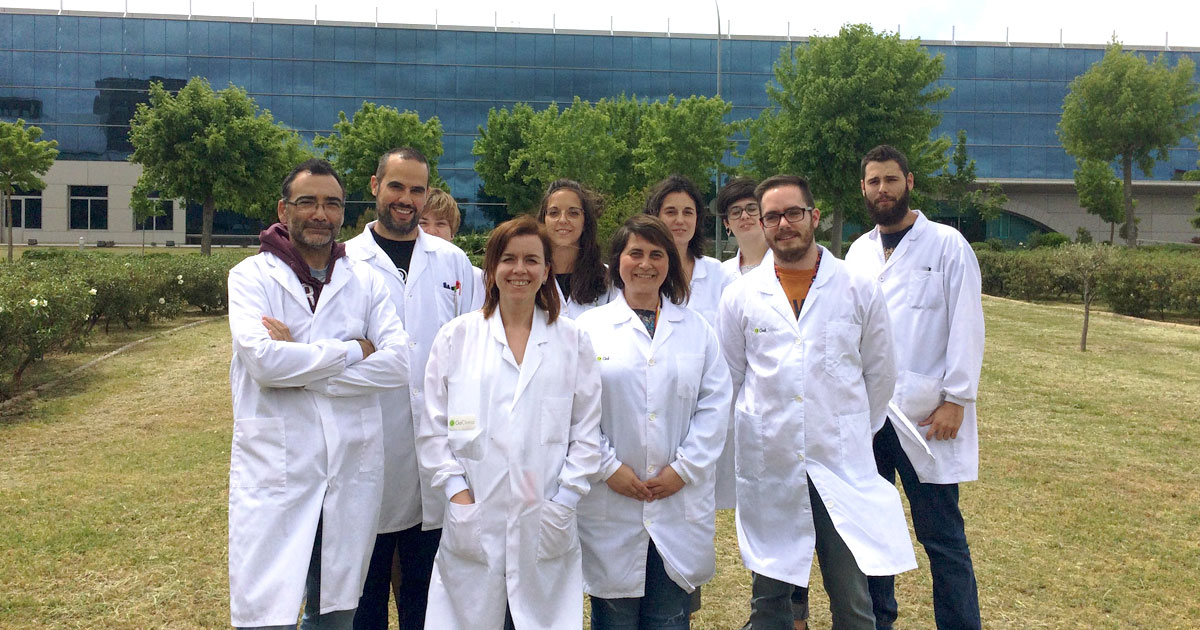Leishmaniasis affects some of the poorest people on earth. This disease is associated with malnutrition, population displacement, poor housing, a weak immune system and lack of financial resources. “Current treatments for leishmaniasis require patients to take toxic and poorly tolerated drugs, often over a long period of time and through painful injections,” said Dr Bernard Pécoul, Executive Director at Drug Neglected Diseases initiative. Therefore, R&D should focus its efforts on the development of oral, effective, low cost, and short course treatment but also a treatment that would be safer and well tolerated by patients.
Our team in Madrid was involved in the development of antileishmanial compounds. This research, made in collaboration with GlaxoSmithKline and Dundee University was illustrated in the following letter “Optimisation of a key cross-coupling reaction towards the synthesis of a promising antileishmanial compound”. It describes the optimisation of the reaction conditions and protecting group strategy for a key Buchwald-Hartwig coupling, delivering the required quantities of(R)-1,as well as further compounds in the series.
Working in partnership, combining experience, is the base of success. The Tres Cantos site in Spain is home to GSK DDW specialist research facility, which is focused on discovering and developing new medicines for Diseases of the Developing World, specifically malaria, tuberculosis and kinetoplastids diseases (leismaniasis, Chagas…). The University of Dundee Drug Discovery Unit is a fully operational, fully integrated drug discovery group working across multiple disease areas including Diseases of the Development World. GalChimia is specialized in discovery and process chemistry applied to pharmaceutical industry, especially drug development.
We hope this research will bring a new medicine to treat leishmaniasis, going over the limitation of the current ones, and improving significantly the life of the patients.

